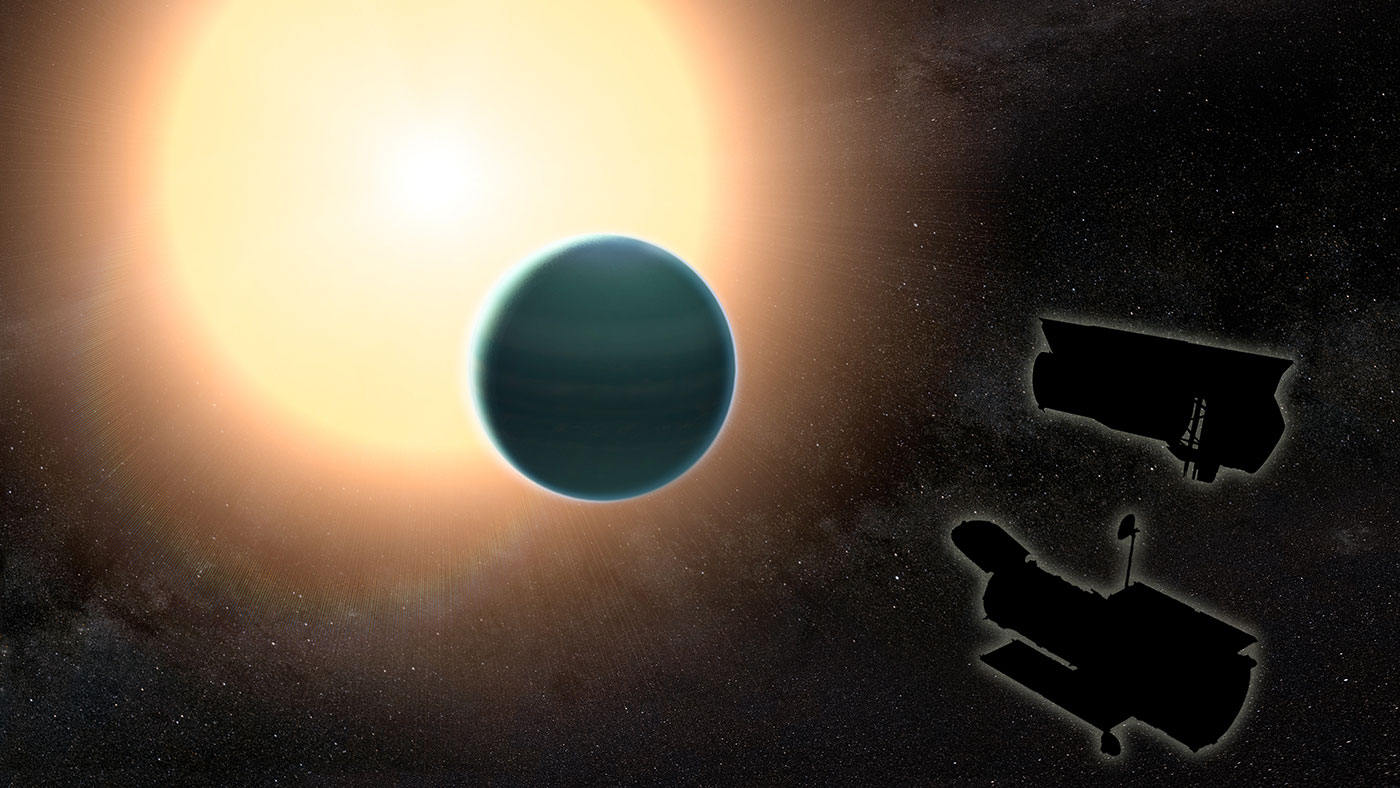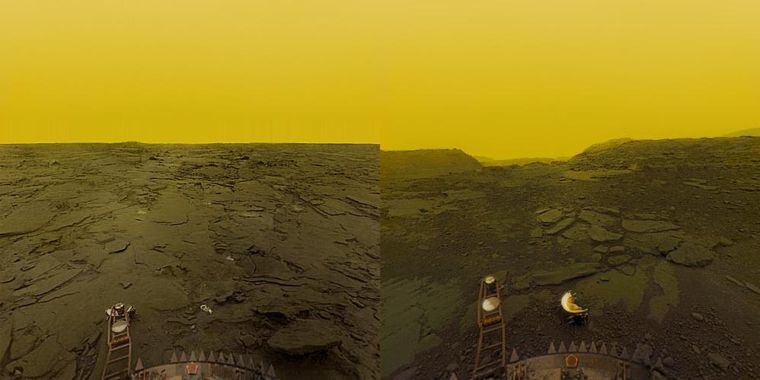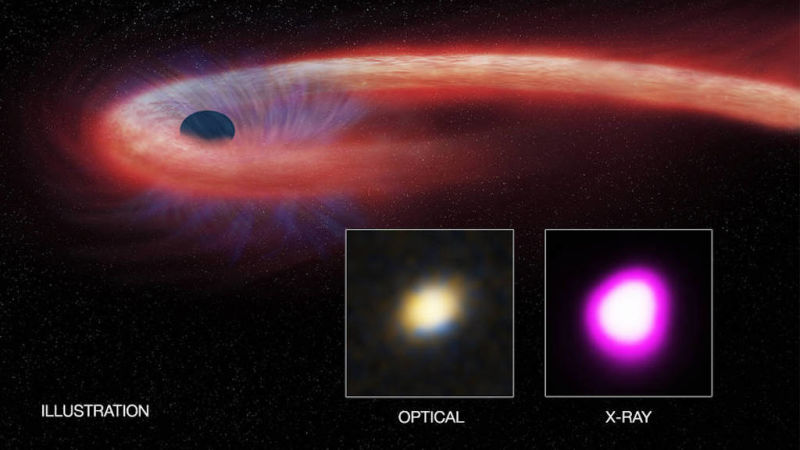
NASA is working on the most powerful rocket ever built: the Space Launch System. What could it be used for to explore the Solar System?

Analyzing a galaxy through a gravitational lens, astronomers obtained images 10 times sharper than Hubble could see on its own.

An Indian teenager makes the lightest satellite to be launched by NASA next month.

A study from NASA’s Hubble and Spitzer space telescopes reveals that the distant planet HAT-P-26b has a primitive atmosphere composed almost entirely of hydrogen and helium.

The WFIRST mission, the next in the agency’s line of powerful observatories after the Hubble and James Webb telescopes to probe the make-up of planets around nearby stars and a bigger-than-expected launch vehicle.

The satellite's new capabilities from the Geostationary Lightning Mapper (GLM) mean forecasters can predict severe weather more accurately. in this in turn could help disaster preparedness and response to tornadoes and hurricanes.

Over the last few years electronics based on the semiconductor silicon carbide (SiC) have started to mature. Those properties make it a very suitable candidate for computing on Venus.

New research details the longest black hole brunch ever studied, in which a supermassive giant ripped apart a neighboring star and feasted on it for almost 10 years.

A very simple chemical analysis is being developed by NASA scientists that could someday be used by robotic missions on other worlds to detect alien biology.

2016 was the hottest year on record - that is according to data compiled by NASA and the World Meteorological Organisation.
On his most recent trip the International Space Station NASA astronaut Jeff Williams used an Ultra High Definition video camera that he pointed at the planet 250 miles below.

The NASA mission is getting unprecedented views of the ringed gas giant's biggest mystery

Although there are no seasons in space, this cosmic vista invokes thoughts of a frosty winter landscape. It is, in fact, a region called NGC 6357 where radiation from hot, young stars is energizing the cooler gas in the cloud that surrounds them.

NASA is committed to transforming aviation by dramatically reducing its environmental impact; improving efficiency, while maintaining safety in more crowded skies; and paving the way for revolutionary aircraft shapes and propulsion.

Scientists have produced the first global maps of human emissions of carbon dioxide ever made solely from satellite observations, using data from NASA